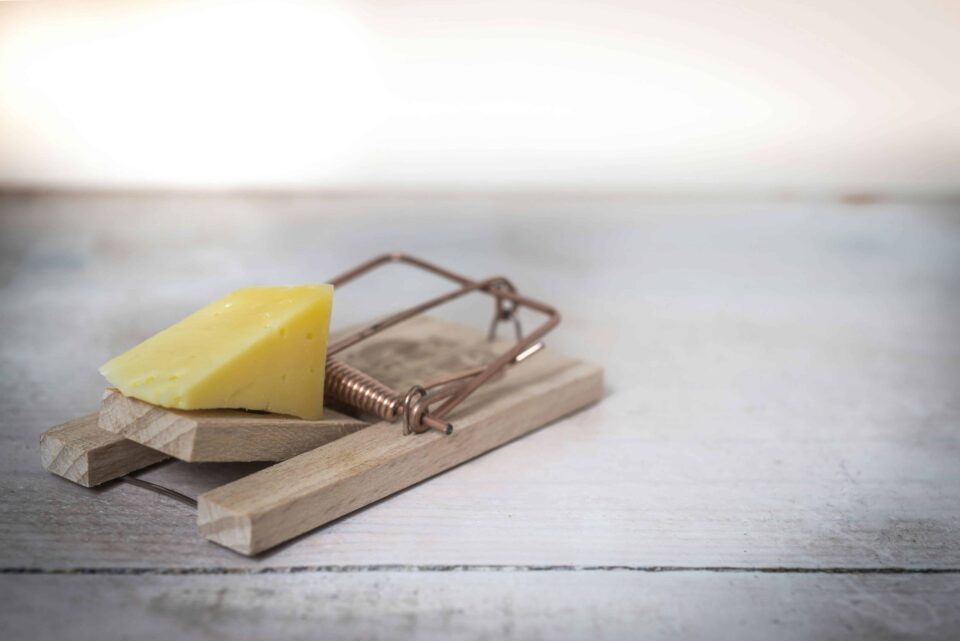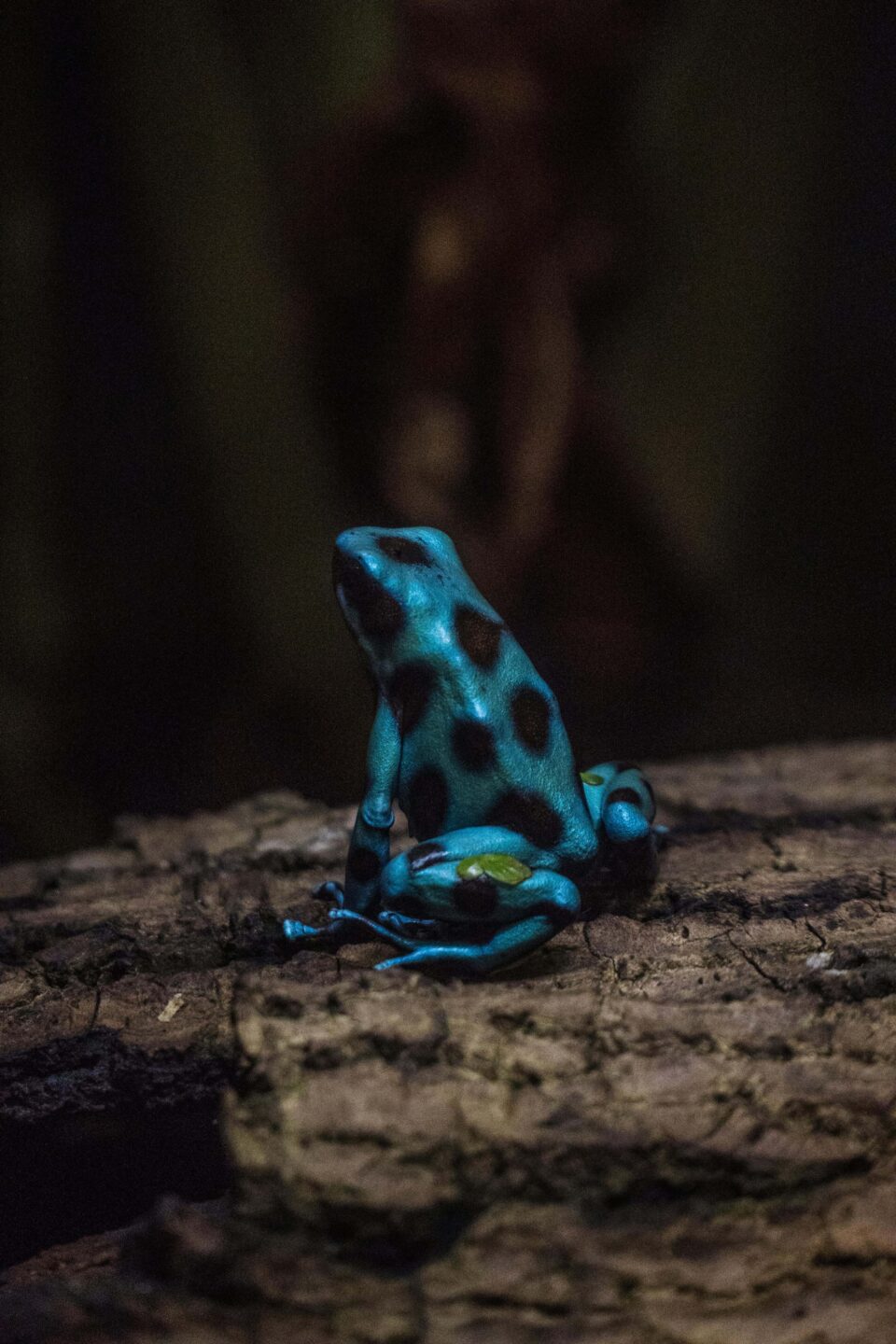Recognizing Hazards: How to Prevent Poisoning in Pets
Keeping pets safe means knowing which household items, foods, and outdoor substances can be harmful. Many common products can pose serious risks if ingested. Being aware of potential dangers can help you protect your pet from accidental poisoning.
Key Takeaways
- Many common household items are toxic to pets.
- Foods like chocolate, grapes, and onions can be harmful.
- Certain plants and medications can cause poisoning.
- Quick action can reduce the severity of toxic exposure.
- Safe pet-friendly alternatives can help prevent risks.
Common Household Toxins for Pets
Pets often explore by sniffing and tasting, making them vulnerable to toxic substances. Everyday items like cleaning products, certain foods, and even plants can pose risks. Knowing what’s dangerous can help you keep your pet safe.
Some common household plants, foods, and cleaning products can be poisonous for your pets, leading to serious health risks if ingested.
Toxic Foods
Many human foods can be harmful to pets. Chocolate, grapes, onions, garlic, and artificial sweeteners like xylitol can be toxic. Even small amounts can cause serious health problems.
Salt-heavy foods can also lead to sodium ion poisoning. Keeping harmful foods out of reach and sticking to pet-safe treats is the best way to avoid issues.
Household Cleaners and Chemicals
Many household cleaners contain chemicals that can be dangerous if ingested or inhaled. Bleach, ammonia, and certain disinfectants can cause poisoning. Always store cleaning supplies securely and use pet-safe alternatives when possible.
Antifreeze poisoning is particularly hazardous, as it has a sweet taste that attracts pets. Even a small amount can lead to severe health issues. If you suspect your pet has ingested it, seek emergency care immediately.
Medications and Supplements
Both human and veterinary medications can be harmful in the wrong doses. Pain relievers, antidepressants, and certain vitamins can cause toxic reactions. Always keep medications in sealed containers and avoid giving pets anything not prescribed by a vet.
Toxic Plants and Outdoor Dangers
Certain plants, fertilizers, and garden chemicals can be hazardous. Many common plants, such as lilies, azaleas, and sago palms, are toxic to pets. Even small nibbles can lead to serious reactions.
Harmful Outdoor Plants
Some plants contain toxins that affect pets differently. For example, lilies are extremely toxic to cats, while sago palms can cause liver failure in dogs. Research plants before adding them to your home or garden.
Pesticides and Rodenticides
Products designed to eliminate pests often contain chemicals that can harm pets. Ingesting rat poison, insect bait, or even certain flea treatments can cause severe illness. Choose pet-safe alternatives whenever possible.
Winter and Summer Hazards
Cold weather hazards include antifreeze spills and salt used for de-icing roads, both of which can be toxic. In the summer, overheating, toxic algae, and lawn treatments pose risks. Understanding seasonal dangers can help keep pets safe year-round.
Related: Winter Paw Care: Walking Your Dog in Snow Without Worries

Recognizing Symptoms of Poisoning in Pets
Early detection can make a huge difference in how poisoning affects your pet. Symptoms vary depending on the toxin but often include vomiting, drooling, or difficulty breathing.
Signs of Poisoning
Lethargy, loss of coordination, and changes in appetite can indicate toxicity. Seizures, tremors, and excessive thirst may also be warning signs. If your pet shows unusual behavior, contact a vet immediately.
What to Do if You Suspect Poisoning
If you believe your pet has ingested something toxic, stay calm. Remove them from the source and call a veterinarian. Have information about the substance ready, including packaging if available.
Immediate Steps for Different Poisons
Some toxins require specific treatments. For example, chocolate poisoning may need activated charcoal, while antifreeze ingestion requires urgent IV fluids. Acting quickly can improve outcomes.
Related: Show Your Pets How Much You Care During National Pet Month in May
How to Make Your Home Safer for Pets
Prevention is the best way to keep pets safe. Identifying hazards and making small changes can greatly reduce risks.
Secure Hazardous Items
Store household chemicals, medications, and toxic foods in cabinets your pet can’t access. Use child-proof locks if necessary to keep curious pets from getting into dangerous items.
Choose Pet-Safe Alternatives
Many pet-friendly cleaning and gardening products are available. Using non-toxic alternatives for pest control, household cleaning, and plant care can help create a safer environment.
Monitor Your Pet’s Environment
Keeping an eye on where your pet roams—both inside and outside—can prevent exposure to hazards. Regularly check floors and counters for small objects, pills, or food scraps that could be dangerous.
Mitigating pet poisoning risks can be as simple as reducing access to toxins and using pet-friendly cleaning supplies.

Poison Prevention Tips for Pet Owners
There are several steps you can take to reduce the risk of poisoning in your home. Following simple safety measures can make a big difference.
Educate Family Members
Make sure everyone in your home knows which foods and substances are toxic to pets. Keeping dangerous items out of reach and disposing of trash properly can help prevent accidents.
Use Pet-Safe Products
Opt for pet-friendly cleaning supplies, plants, and pest control methods. Many natural alternatives can help maintain a clean and safe environment for your pet.
Know Emergency Contacts
Have your veterinarian’s number and a pet poison hotline saved in case of an emergency. Quick action can save lives when dealing with toxic exposure.
More poison prevention tips can help reduce risks in daily life and create a safer space for pets.
Promote Wellness with Inner Fuel Energy Boosting Shampoo
A healthy pet starts with good care inside and out. The Inner Fuel and Energy Boosting Shampoo for Dogs is designed to refresh and invigorate your pet’s skin and coat. Made with natural extracts like jujube and goji berry, this formula helps maintain coat health while promoting vitality.
This gentle shampoo is free from sulfates and harsh chemicals, making it a great option for pets with sensitive skin. Regular use can help keep their coat clean while supporting their natural energy levels. Give your pet a refreshing bath experience with a formula designed to keep them feeling their best.
Final Thoughts
Recognizing hazards and making small changes can help reduce poisoning risks. From securing harmful foods to choosing pet-safe products, simple steps can make a big difference. Keeping your home pet-friendly and using gentle, plant-based solutions can support your pet’s long-term health. Taking action with effective poison prevention strategies can help keep your pet safe every day.
~Veterinarian Recommended